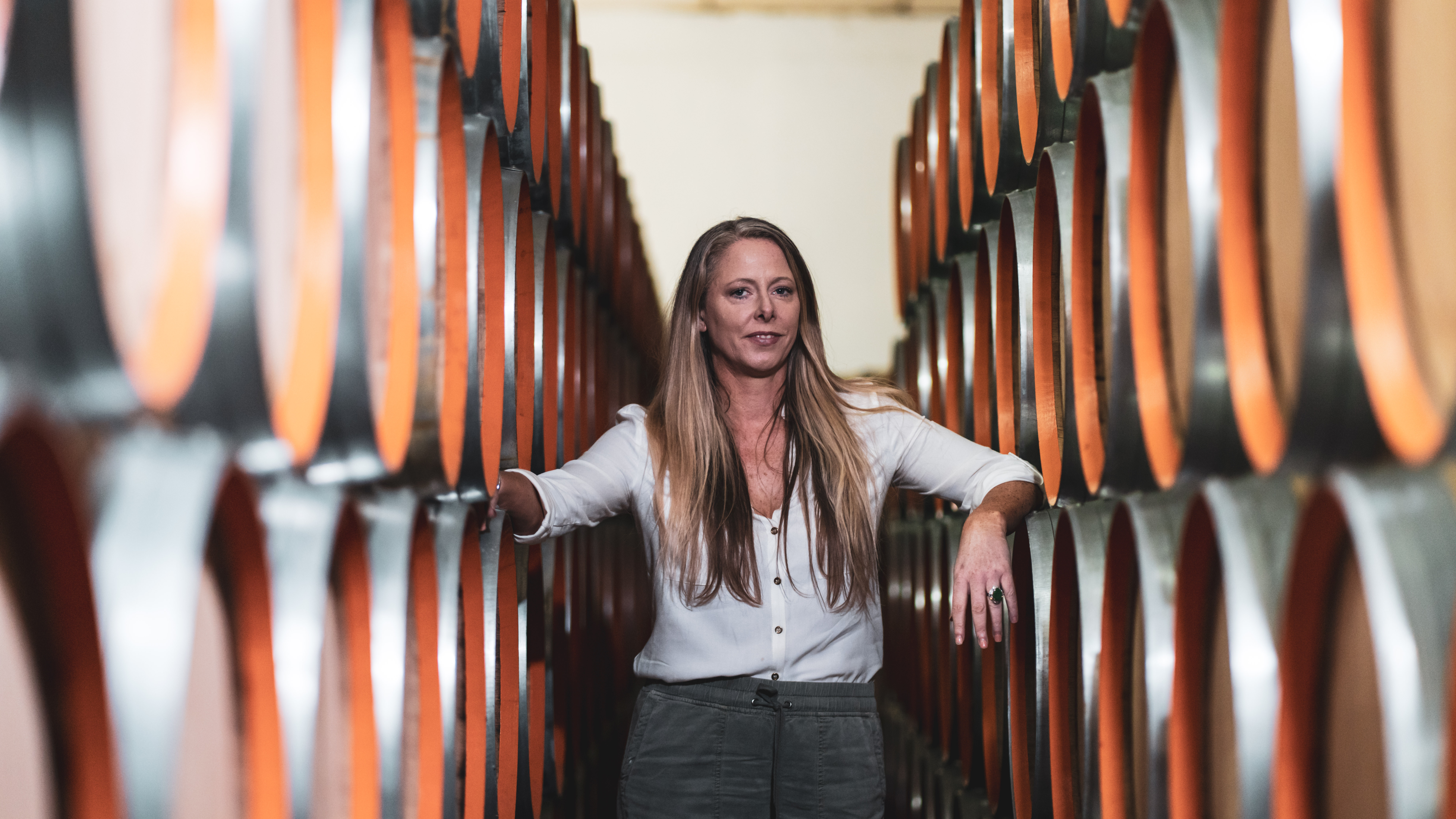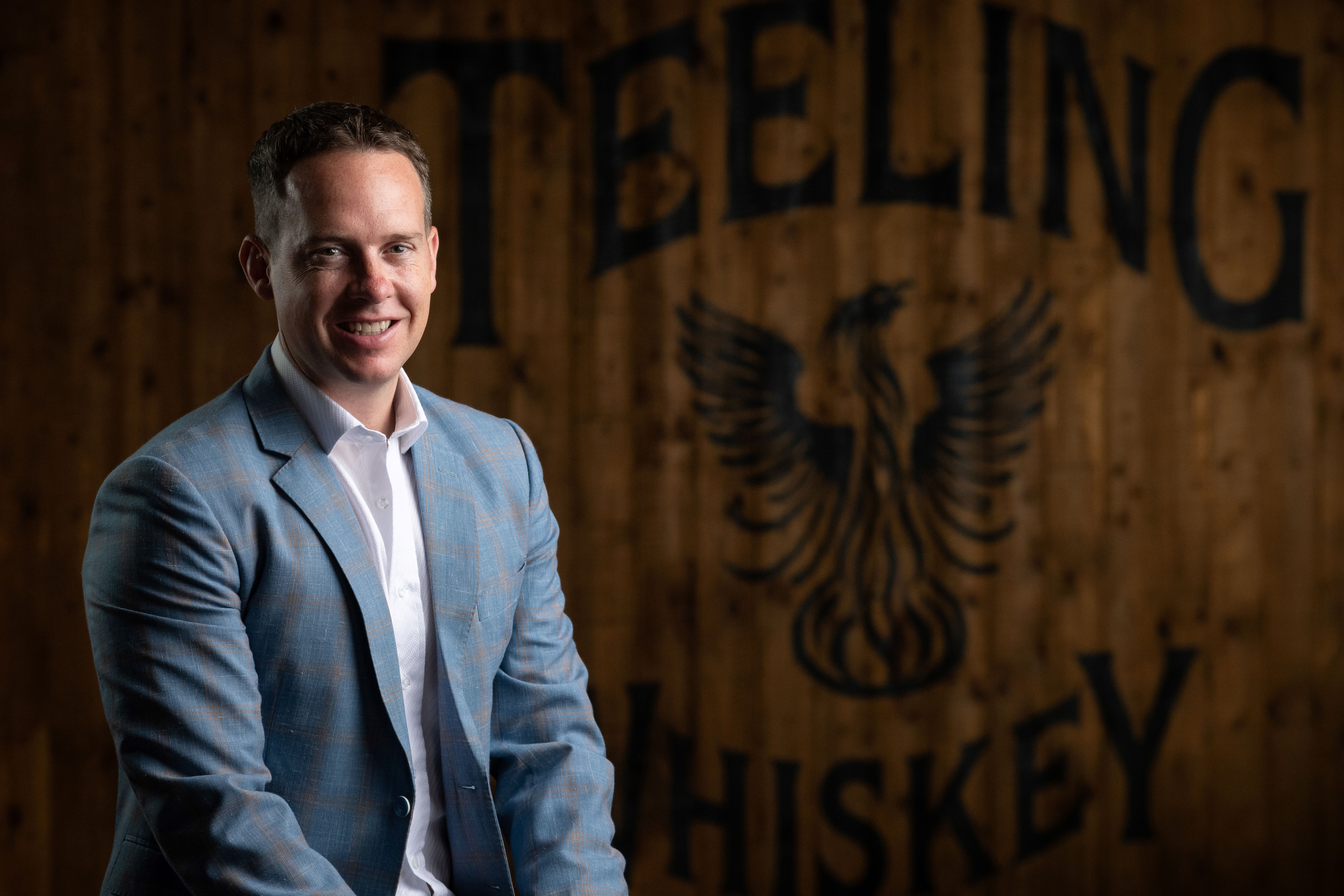The Irish-US bond is a special one. According to the US Census Bureau, more than 31 million Americans claimed Irish ancestry in 2021, which is just shy of 10% of the population – likely inflated by those who wish it were so. Heritage aside, more than a million American tourists visit the Emerald Isle each year, while foreign direct investment has surged recently. Trump International Golf Links in Doonbeg on the west coast is a prime example, however the populist president isn’t popular with the Irish whiskey industry having threatened import tariff s of up to 25% as part of his ambition to ʻmake America great again’.
According to Drinks Ireland, exports of Irish drinks grew by 19% in 2024, generating €2.1bn across 113 markets internationally while Irish whiskey remains the largest export category, exceeding €1bn in value, up 13% on the previous year. During Trump’s first stint in the White House he warned of similar sanctions on Irish whiskey but never followed through. But should he pull the trigger on these tariff s then the next four years will paint a different picture for Irish whiskey’s historic success in the US. “We pretty much escaped first time around, but I don’t think we’ll be that lucky this time, nobody is actually,” says Louise McGuane, founder of Irish whiskey bonder JJ Corry in County Clare (pictured).

“The timing of Trump’s return isn’t great. It’s a precarious time for the Irish whiskey sector as a whole and actually the US market isn’t plain sailing anymore.” America makes up 50% of JJ Corry’s export business, but for reasons beyond Trump’s tariff threat, the company is beginning to diversify.
McGuane adds: “At the very beginning of JJ Corry we were hyper-focused on the US because it’s a particularly difficult market to get a foothold in, but also a huge market for Irish whiskey. The past two years we noticed a shift in the market, it’s just been getting tougher despite us having a very solid and established route to market. We have good partners in both imports and distribution, but for other small brands the three-tier system has gotten very difficult to navigate.
“Distributors no longer sell the brand on your behalf – they simply deliver on the distribution side and charge 20-30% margin for the privilege. Their focus has largely turned to major conglomerates so smaller brands are forced to do everything themselves, which is difficult.
“When I started JJ Corry I could rely on my distributors to sell the product on my behalf, but that just won’t happen now. That’s the overt situation today – distributors have too much power and they get to dictate precisely which brands go where.”
The influence of distributors in the US was highlighted by the recent demise of Waterford Whisky. Late last year Waterford founder Mark Reynier suggested a poor partner in the US played a significant role in the brand’s wind up, giving small-to-medium-size brands further reason to adapt and think beyond the US for export strategy.
McGuane adds: “These tariff s have forced us to think about the US market in the medium term in a very different way. We wouldn’t pull out, but we would certainly reevaluate how much resource we dedicate to it and we’ve already started growing our sales in Rest of World markets. In Africa, Nigeria has come out of nowhere as a rising market and we’re looking at places like this for potential growth. The good news is that these opportunities look likely to absorb some of the potential losses from the US market should these tariff s go ahead.” Teeling Whiskey, now owned by Bacardi, is thinking on a similar wavelength to McGuane – looking elsewhere for shorter-term growth, but valuing the US for the long term, despite four tariff -riddled years looming imminent. The Dublin-based brand already has a significant position in the States which it plans to nurture, highlighted by its huge sponsorship deal with Notre Dame Fighting Irish college football team.
“In the US we’ve partnered with bigger bar groups and have brand ambassadors all across the country helping us develop in major bar scenes like New York and Chicago,” says co-founder and sales & marketing director Stephen Teeling (pictured). “The other positive is that we’re operating in the premium sector where the margins are more forgiving, and we’ve spent the past 13 years building a global brand that can ride these short-term challenges for long-term growth.

“We’ve been here before with Trump. Eight years ago when he first came to power we had a playbook and of course we have a similar plan this time around.
“If 10% tariffs come into effect then we could maybe work something out with the trading partner in the US so that consumers aren’t affected, but if 25% tariffs come in then that’s a real challenge.
“However, where we’re coming up against problems in the more established markets, we’re seeing opportunities in the emerging ones. We’re trying to be flexible.
“Nigeria has been very strong for us over the past couple of years and it is now our third biggest market behind the US and Ireland. Hungry has jumped up into our top five and Poland is performing well too, plus we launched in India for the first time recently.
“I think for Nigeria the opportunity has increased for us, probably because the bigger players have either left the market or put less emphasis on it. We’re seeing some opportunities from a change in positioning of the major players. The share prices of Diageo and Pernod Ricard suggest they’re under pressure so there are opportunities arising in Irish whiskey which weren’t there 24 months ago.”
The unfolding narrative for Irish whiskey in the wake of impending tariffs is that the major players are focusing their energy on the US. In turn, this is leaving the door open in emerging markets like Nigeria for smaller premium brands like Teeling and JJ Corry to diversify their exports. However, everyone needs to keep a strong foot in the door of the US for the long-term post-Trump era.




